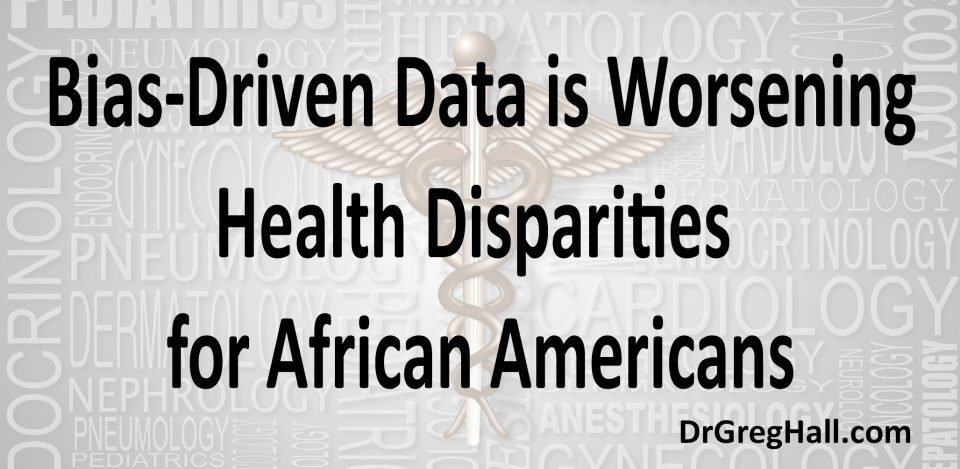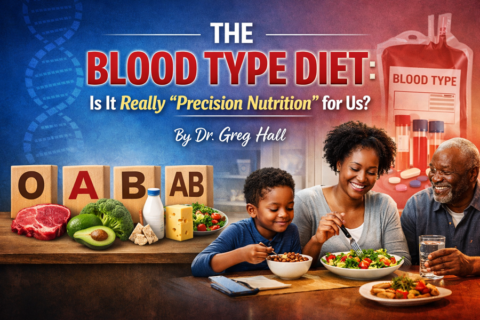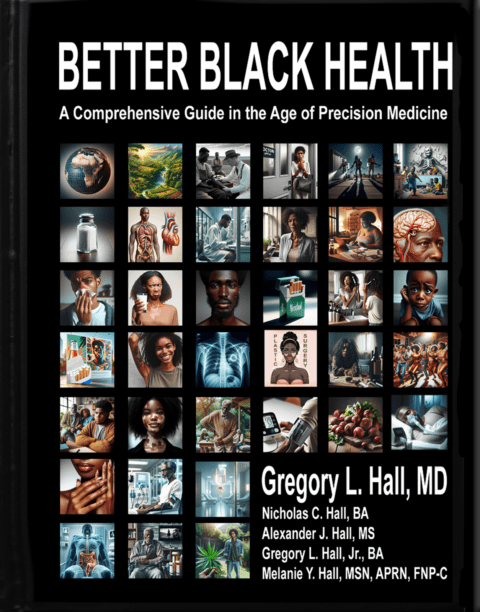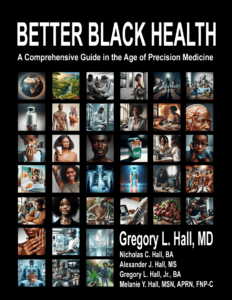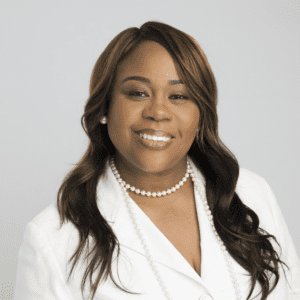Hospitals across this nation use protocols and algorithms aimed at improving outcomes in their patients, but because of nuanced differences in the care of African Americans, those protocols have now been shown to negatively impact African American healthcare. A recent article in Science, “Dissecting racial bias in an algorithm used to manage the health of populations” reviewed outcomes data and found that “Black patients assigned the same level of risk by the algorithm are sicker than White patients.” Essentially the computer “assumes” that African Americans are healthier than they are because of their decreased use of certain medical care services.
The predictive model uses, among other things, cost of care as a marker for health. Because of bias in providers, less interventions are ordered and completed, less referrals to specialty providers, and less orders for a number of counseling opportunities. African American patients, across the population have less successful follow up with physicians, fewer prescriptions filled and refilled, and more missed appointments. These combine to produce an outcome that mathematically would suggest better health, but instead bias on both the patient and providers’ part is driving worse outcomes.
Large hospital and hospital systems spend a significant amount of money trying to save money. There are a number of “risk-prediction tools” that are used to target “high risk” patients that would get more attention, added studies, longer stays, increased follow up, and more. Knowing the significant health disparities impacting African Americans, one would assume that added attention would improve these rock-bottom outcomes, but the “predictive model” does the exact opposite and suggests less interventions.
The study also found a difference in healthcare-related spending with African Americans having “fewer inpatient surgical and outpatient specialist costs, and more costs related to emergency visits and dialysis.”
The take-home message is bias on almost everyone’s part (provider, social worker, discharge planner, patient, hospital, etc.) negatively impacts African American health and healthcare outcomes. Systems and algorithms designed to improve outcomes and save money are actually driving up cost and decreasing quality outcomes in African Americans. Bias-driven outcomes can easily be tracked, considered and corrected.
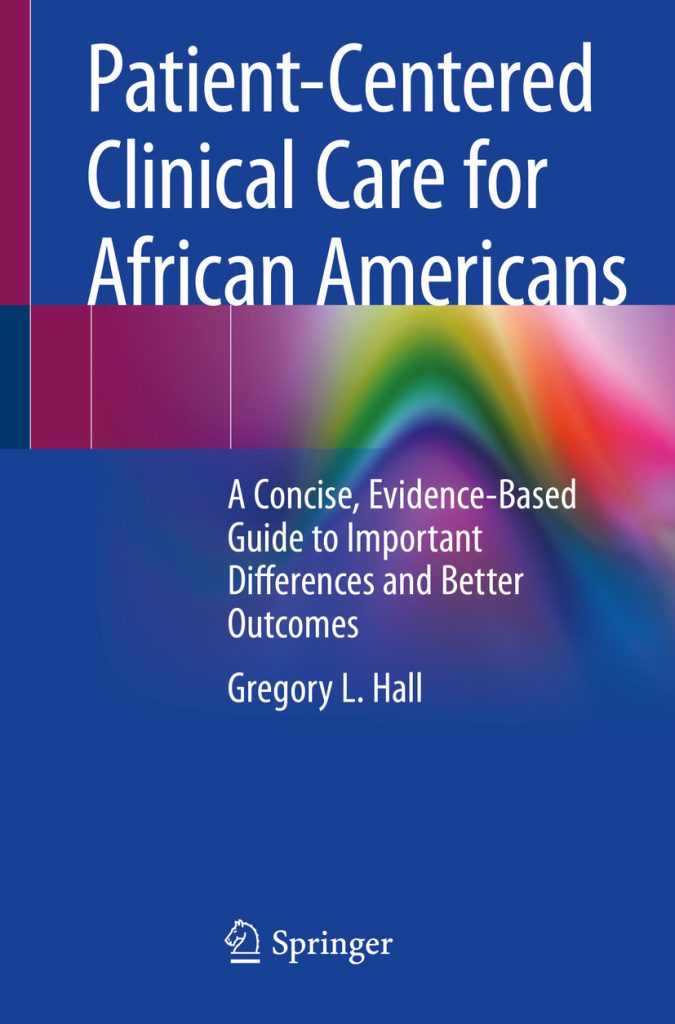
In addition to bias, there are other African American healthcare differences that impact hypertension, diabetes, stroke, diet counseling and more. These differences, by and large, are also being overlooked by hospital systems, medical schools and providers.
The good news is the first textbook addressing the patient-centered clinical care of African Americans is available on Amazon and other bookstores.
